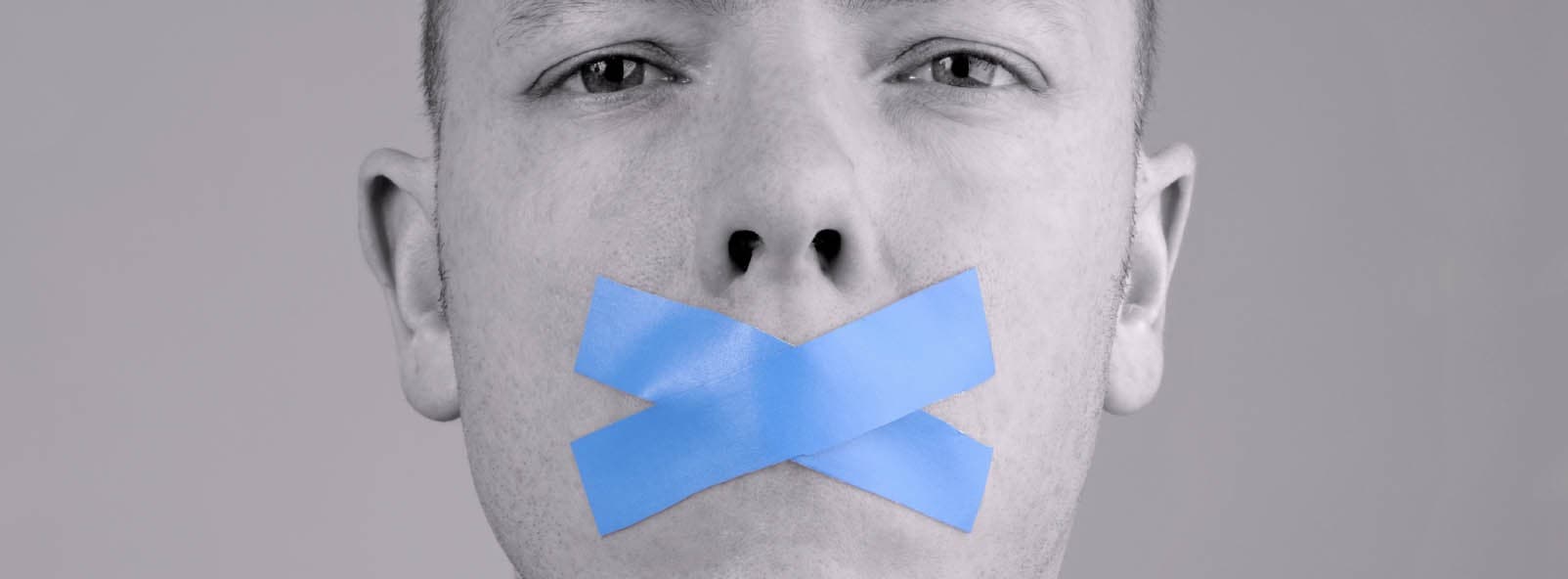
Internet Privacy for Humans!
05/03/2018
With the continued uproar surrounding online privacy, you would assume there’d be an easy way to control your privacy settings. But there’s not. It seems like we have little control over our online information. I have been looking into this and the crux of the problem seems to be that the best methods to control our privacy settings are also the most technically confusing.
But, if you just carry out a handful of simple tasks, then your privacy will be exponentially better protected.

Messaging
We all love messaging. It’s the number #1 way for most of us communicate, whether that’s through Facebook Messenger, WhatsApp, Twitter DM, iMessage or SMS on your smartphone.
But you need to realize what you are messaging and where to protect your privacy. To keep it simple, I would suggest you use a two-pronged messaging approach where, first, you use a universal messaging tool to communicate things that, quite frankly, are inconsequential if your information was ever breached. For example, a cyber attack that reveals you text message your partner every day to tell them when you’ll get home from work isn’t going to have any impact on your life.
Note, if you use iMessage to send text messages to a user with an Android device, those messages are not encrypted. End-to-end encryption only works between iMessage users and still is not encrypted on Apple’s servers.
Second, for those messages that you want to secure but still be readily available to the intended party, use Signal.
Signal is an encrypted communications application that works on both iOS and Android. The user interface is easy to use and it is encrypted at all times. It also gives you an internet-based calling service.
WhatsApp, Facebook Messenger and other such popular services may not offer the same level of protection and I wouldn’t recommend them to transmit private and sensitive information.
While WhatsApp now encrypts iCloud backups of your conversations, the Facebook-owned app does share your data with its parent company. And Facebook Messenger does offer some security measures to protect your messages — but Signal is still provides the most comprehensive cover, in my opinion.
Use a VPN where it makes sense…
A VPN can be used to secure and encrypt your communications when you’re using an untrusted public network. In other words, a VPN will guarantee all of the data you send and receive is encrypted and secure from prying eyes. There are also many reasons why you should use a VPN for private web browsing.
There are a range of VPN providers available. I’d recommend Private Internet Access or ProtonVPN as both are easy to setup and configure on your phone and also desktop. Turn it on and just forget about it. If you see some performance issues with streaming your favorite movies, it is pretty easy to turn it off during that time.
Browser and Search Engine
Switch over to DuckDuckGo. DuckDuckGo is a search engine that doesn’t track your searches and lets you take control of your online information.
For browsers, you should download Brave or Firefox. These both block a wide range of online trackers and prevent other information that you don’t want to send being transmitted. 95% of all websites work fine with these two privacy browsers.
Don’t Post stuff that you in 20 years would cringe to see.
Yep, if you think you in the future would really have a hard time seeing this because of a job interview, a relationship, or anything else. Just don’t post it! The current social networks (Facebook, Instagram, Twitter) are going to keep this for as long as possible maybe even forever. You will thank yourself later.
Finally, I know there are always more you can do but the point is to start with what is easy to do and can help a ton. If you follow these simple steps, your internet privacy will be protected. How do you protect yourself online? If you’d like to share your tips and experiences, please leave a comment.